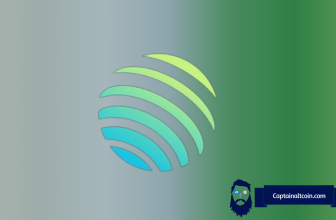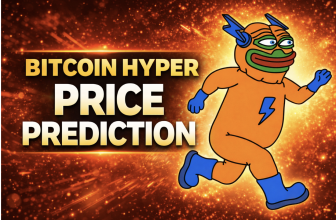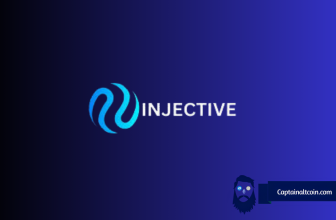The TRON Foundation has announced that it will make the BitTorrent network faster and more efficient. The integration of the TRON blockchain into the peer-to-peer system will create new incentives for digital content uploaders.
In July of this year, it became known that the TRON Foundation had acquired the company behind the torrent protocol, BitTorrent Inc. Now the blockchain company has announced more details on how the technologies will work together.
What you'll learn 👉
Project Atlas Makes BitTorrent a Token Economy
With Project Atlas TRON wants to connect the peer-to-peer network of BitTorrent with its own blockchain. This is to be done with protocol extensions and its own token. Thus TRON wants to create a token economy within the torrent client, which should make the data transfer significantly faster:
Project Atlas is the basis for a new type of content distribution. The product will offer faster downloads, more seeds, backward compatibility and all without mining. It is adapted to today’s world: mobile, connected and transparent. Ultimately, we want to give more power to all content creators and their communities by eliminating middlemen and allowing authors to distribute directly to users,” the TRON-Group said,
says TRON founder Justin Sun.
Keeping Seeders motivated
Once the TRON blockchain has been implemented in the torrent system, peers should be able to exchange tokens with each other. The background to this is that there is no real incentive for torrent users to seed data records, i.e. upload them completely in the network over a longer period of time. With TRON, uploaders should be able to earn tokens by seeding. If you provide more bandwidth and storage space, you will earn more. Leechers, i.e. downloaders, should be able to offer amounts if they want to receive a certain file faster. The whole network should become faster and more durable.
Have a look at the current Tron price or Tron price prediction for 2019 & 2020.
The Tron tokens (TRX) do not work with the proof-of-work mechanism, which means that no one has to do crypto currency mining when implementing torrents. Instead, TRX works with the delegated proof-of-stake mechanism. Here, a system of witnesses and delegates ensures the reliable validation of the individual blocks.
Project Atlas: The Future of Content Distribution
No need to make the switch
If the blockchain supplements the Bittorrent network, there will be no user coercion. According to TRON, nobody has to participate in the token economy. The technology is backward compatible, which means that file sharers don’t have to change clients or install extensions to continue leaching and seeding. The plan is to implement the new technology first in desktop applications and later in mobile apps. Just like BitTorrent, Project Atlas should be open source, so that third parties can also integrate the system into their clients.
TRON’s Project Atlas and the introduction of tokens into the BitTorrent network continue to provide material for discussion. If Leecher Seeder pays for faster data transfers, this could lead to an imbalance in which the current free data exchange gradually dies. On the other hand, by creating monetary incentives, the peer-to-peer network could actually grow and much more data could become available than before. We will know more when the first torrent client with TRON extension appears.






This is a complete copy of Upfiring. Tron is a sham.